4 Questions to a Conscious Cup
If your cup of coffee could talk, what would it say?
As mentioned in our interview with the roasting team from Da Matteo, many people who come into their cafe have never seen a green coffee bean. It is quite easy to be removed from the stories that live within the process of turning a green bean into a cup of coffee. Ethically, coffee suppliers have a bad reputation of not doing justice for the farmers that produce their coffee.
Why is it important to have a relationship with your coffee farmers? Tim Wendelboe states in an article on his website,
“We strongly believe that paying fair prices to the farmers is the best way of ensuring they continue their hard work and are able to invest in producing quality coffee in the future. We see all over the world that farmers are uprooting their coffee trees in favor of other cash crops as the commodity market coffee prices today are at best at a break even point but in most cases lower than the production cost. It simply is not sustainable and we need to change that”
Most coffee farmers are severely underpaid, not giving them much motivation to produce a good product, or preserve the crop. Unfortunately, there are many farmers who have to compromise the quality of the fruit they pick in order to keep up with the high demand and low pay they receive. In turn, the fruit can be over or under ripe, damaged by bugs or dried incorrectly. Well- paid farmers are motivated to pick the fruit that is not rotten, damaged, or kept out for too long.
In my conversation with Brady from Olympia Coffee Roasters, he told me that there are four ways you can easily spot the quality and fairness of your coffee beans, simply by reading the bag. Chances are if you can spot these four details, your roaster has not only paid a fair price for that coffee but also most likely has a relationship with the farmer.
#1: The date it was roasted
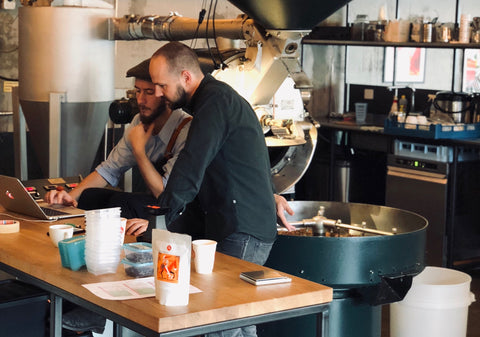
Freshly Roasting Specialty Coffee in Small Batches
Okay, we’re all guilty of letting coffee hang around our cabinets a little bit longer than necessary. Specialty coffee especially is meant to be enjoyed within a certain time period after roasting. This is why investing in new coffee every month will ensure that you’re not drinking bad coffee.
#2: A name
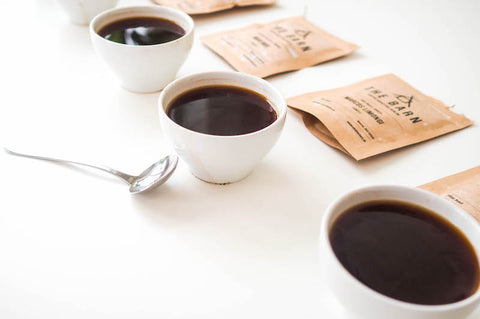
Tasting Different Flavor Notes in Coffee
Believe it or not, your coffee has a story behind it. For far too long, we have neglected these stories and the farmers behind them. A name means that (typically) a relationship has occurred in the process. Look for producers, farm, or cooperative names.
#3: Country/Region
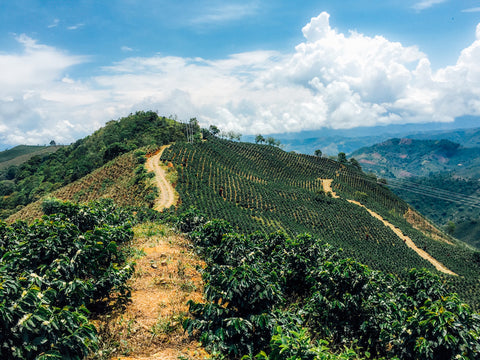
Coffee Farm in the Mountains of Colombia
Not all coffee growing regions are created equal. For example, Colombian coffee has a nearly perfect climate for growing coffee, while coffee grown in Yemen will produce much smaller beans due to a climate that produces less water. The acidity of the beans will range from country to country, as well as the processes used to harvest the beans. If the region is highlighted, it should tell you that they care about where their beans come from.
#4: Coffee Varietal:
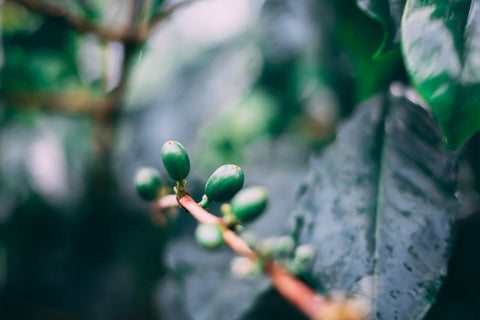
Growing Coffee Cherry
The moral of the story is that you should always read what your coffee bag is telling you.
If I have learned anything through exploring and researching the specialty coffee industry, it is that those who partake within this culture are not just producers, or consumers, but activists.
The specialty coffee industry is truly pioneering the way coffee farmers are treated and compensated. They have brought humanity and dignity back to an agricultural product that many of us, myself included, have neglected to see as valuable.
There are still many hurdles for coffee farmers around the world, but through buying consciously, and deciding to spend a little extra on your coffee each month, you can help change the conversation around sustainable coffee farming.
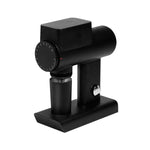


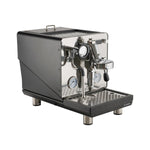

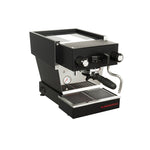






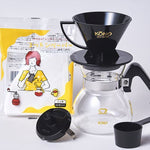

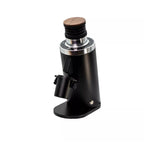



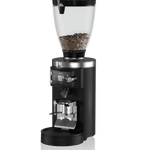

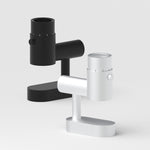

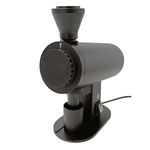
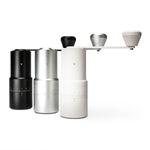
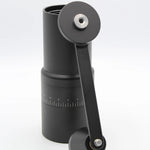







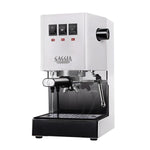
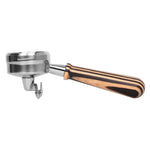

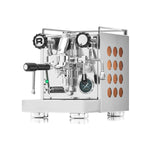




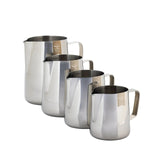




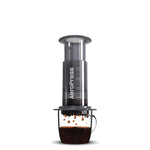


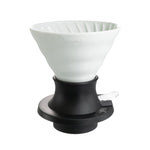





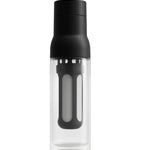







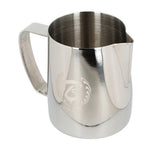
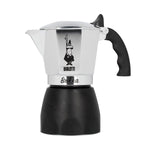


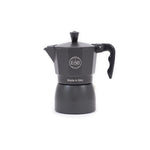
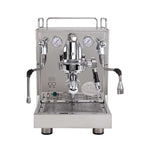







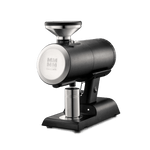
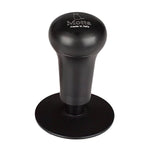




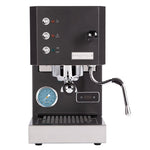



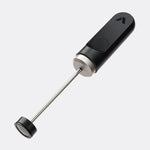
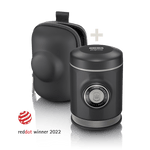



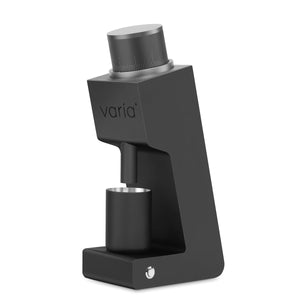

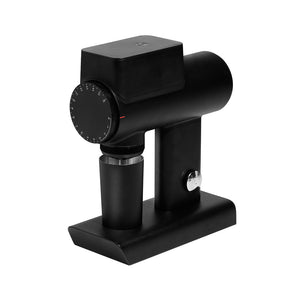
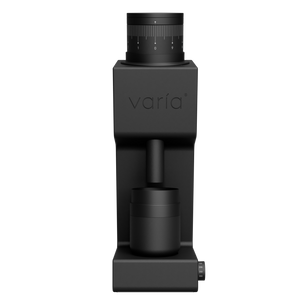
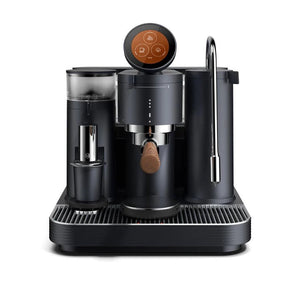
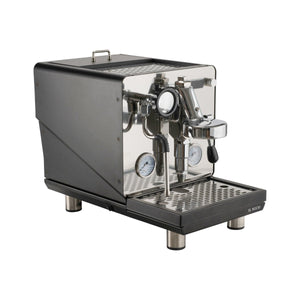
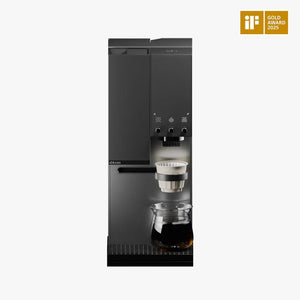
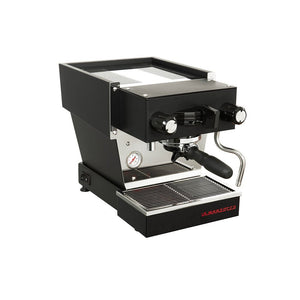



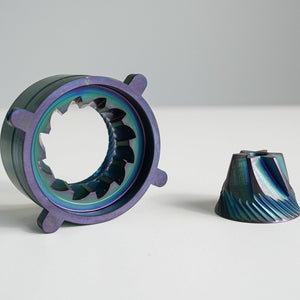
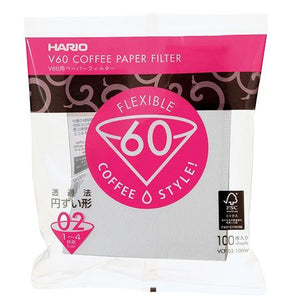

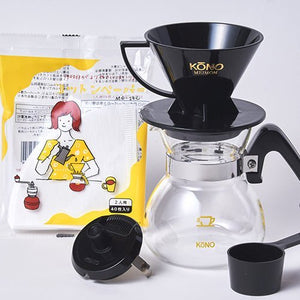
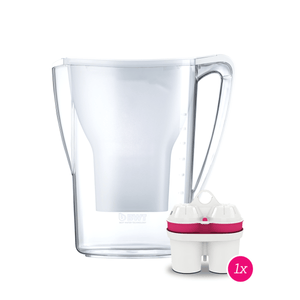
Lascia un commento